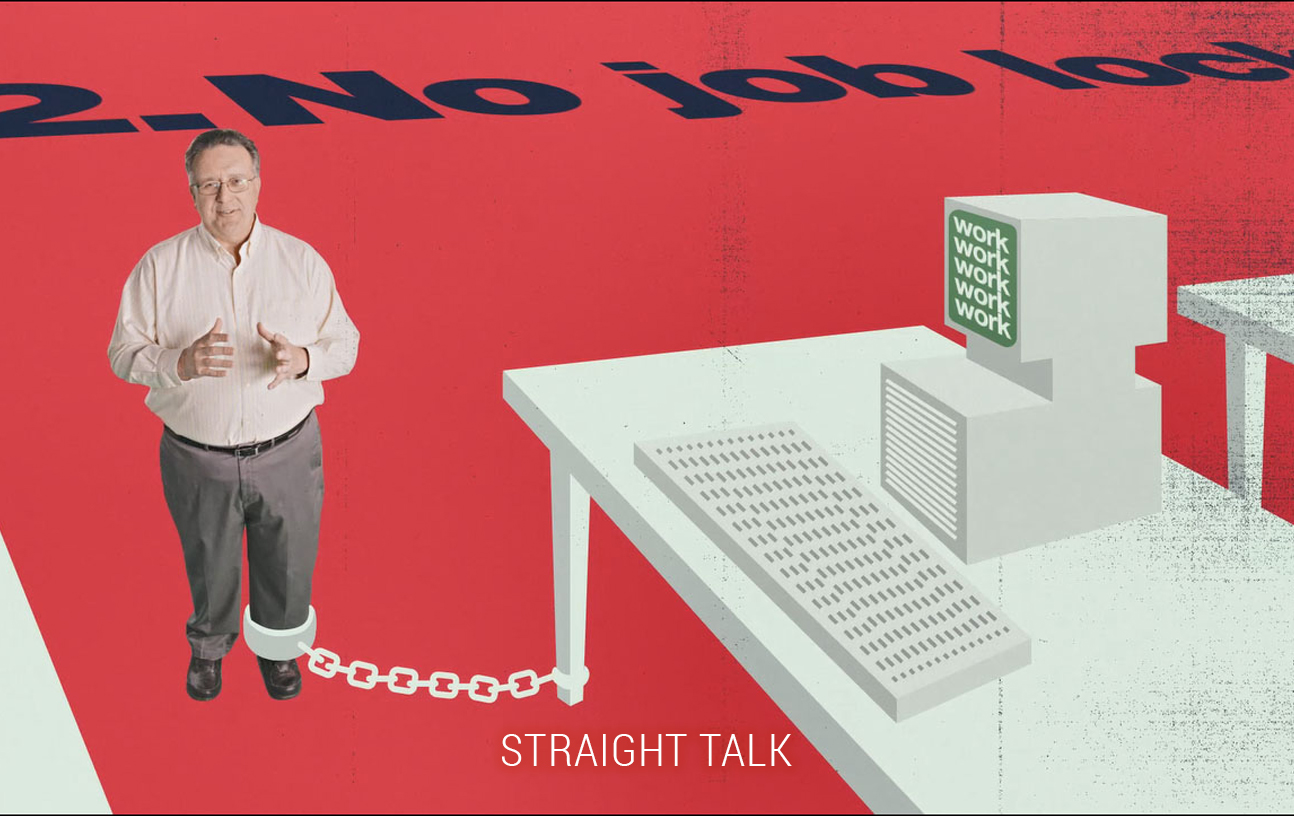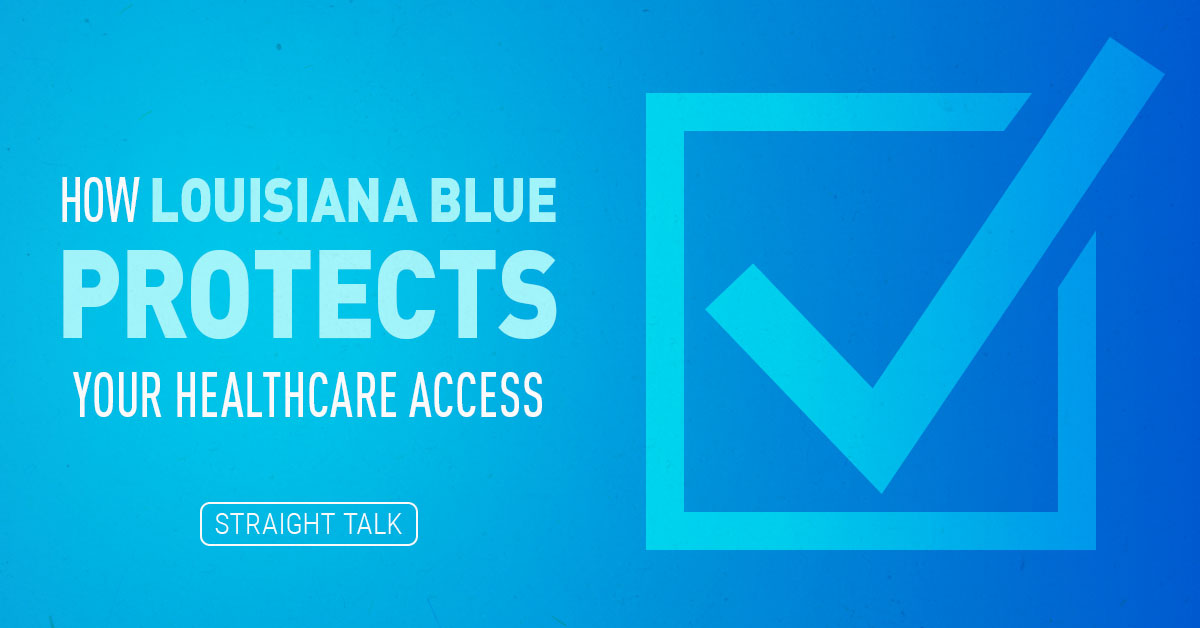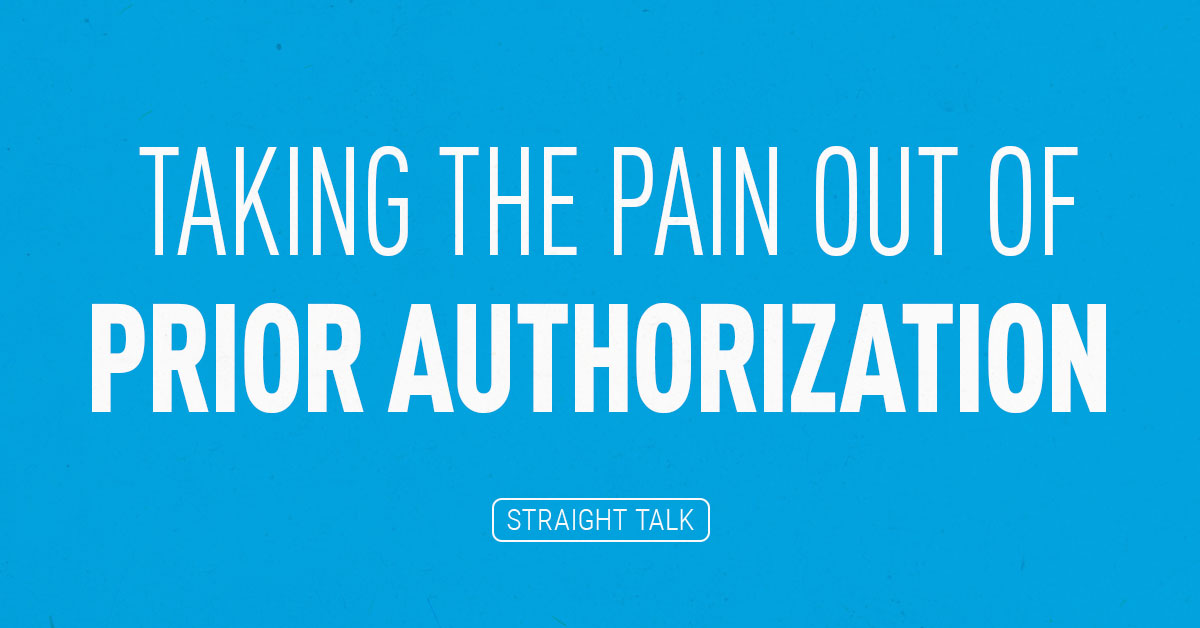A recent poll by the Kaiser Family Foundation shows broad support for expanding public healthcare coverage, including Medicare-for-All. In that poll, 74% of Americans favor a national government plan that is open to anyone.
But do the people polled really understand what that support would mean?
According to the poll, views shift significantly when people hear arguments for and against Single-Payer. The net favorability rating (the number of people who favor it, minus the number of people who oppose it) drops into significant double digits the more people hear about the side effects of moving from traditional health insurance systems to a more government-centric system. Single-Payer has a -44 net favorability rating when people hear that it would lead to delays in people getting care.
For more on what could happen if the U.S. adopted a Single-Payer health system, Straight Talk’s Healthcare Economist Mike Bertaut lays out the pros and cons in this three-minute video.





This seems incredibly biased and obviously produced by an insurance company. Yes we would pay more in taxes but it would still save the citizens billions by not having to pay for health insurance out of pocket. without companies like blue cross in the way prices could be negotiated the same way medicare is handled. Instead we pay out the a** because the medical industry tells us we have to so that we can line the pockets of the CEOs at the drug companies and those on the board for hospitals. Then we additionally pay out the freaking nose the the insurance company, not because thats how much health care is suppose to cost but because the insurance companies also have CEO’s and a board of Directors and investors that need to be paid. the medical field should not be a money making scheme. Yes Dr’s should get paid highly but we can surely cut out the middle man and save our $.
Ivy!
Thanks so much for your thoughts and comments.
I am sorry you feel like the video was biased, because we worked very hard to point out all the positives of Single Payer/M4A systems as established around the world today BEFORE we said anything about their weaknesses. It is our job to inform the public that “single payer” or “government-run” systems around the world have their strengths and weaknesses. Clearly you think the weaknesses are worth the price to do away with private insurance coverage. It’s worth remembering that 170 million Americans get their insurance privately through work, and their satisfaction ratings stay in the mid-to-upper 70% range. This means that any federal action to create a program that outlaws private coverage (as most of the current proposals do) would go against the wishes of most Americans. Kaiser Family Foundation recently did some serious research on public attitudes about Single Payer/Medicare For All plans and found their generally high support disappeared when the realities of tax increases and delays in care were exposed to that same population. We must be realistic about these things, and get past the talking points.
You might be interested to know that Medicaid and Medicare do not negotiate at all with medical providers. Medicaid sets prices way below the wholesale cost of medicine so they can cover more people with really low payments. This means millions with Medicaid coverage have to wait months and months for the simplest of specialty care, similar to what the folks in Canada or the UK experience. It also means that every Medicaid patient costs more to treat, on average, than the medical providers actually get paid.
Medicare simply posts a price rate sheet for medical care (but oddly enough, not for prescription drugs) which covers wholesale for 13% of hospitals in the US, the other 87% lose money taking care of seniors and the disabled. But there is no negotiation happening.
Private insurance companies are the ONLY entities that actually negotiate with medical providers for lower prices for their members. I can assure you that if, for example, the Not-For-Profit Blue plans like BCBSLA were not in there negotiating, medical prices for regular folks would be SIGNIFICANTLY higher than they are today. And prices are already so high that almost no one can pay for healthcare out of their own funds.
I’m glad you raised the issue of the compensation of CEO’s and Board of Directors in the healthcare world. I am happy to tell you that in the Not-For-Profit Blue Cross world executive compensation is typically less than one half of one percent of premiums. In fact, at our BCBSLA plan we pay ALL our employees and run 8 regional offices for our 1.6m members on 7% of total premiums paid in. ACA Taxes eat up another 4%. That means a huge percentage of your premiums (typically 85-90%) pays directly for nothing but healthcare. Rest assured your money is buying healthcare for our members if you carry a Blue Cross card and very little else.
Great points, and great questions! Thanks for reaching out!….mrb